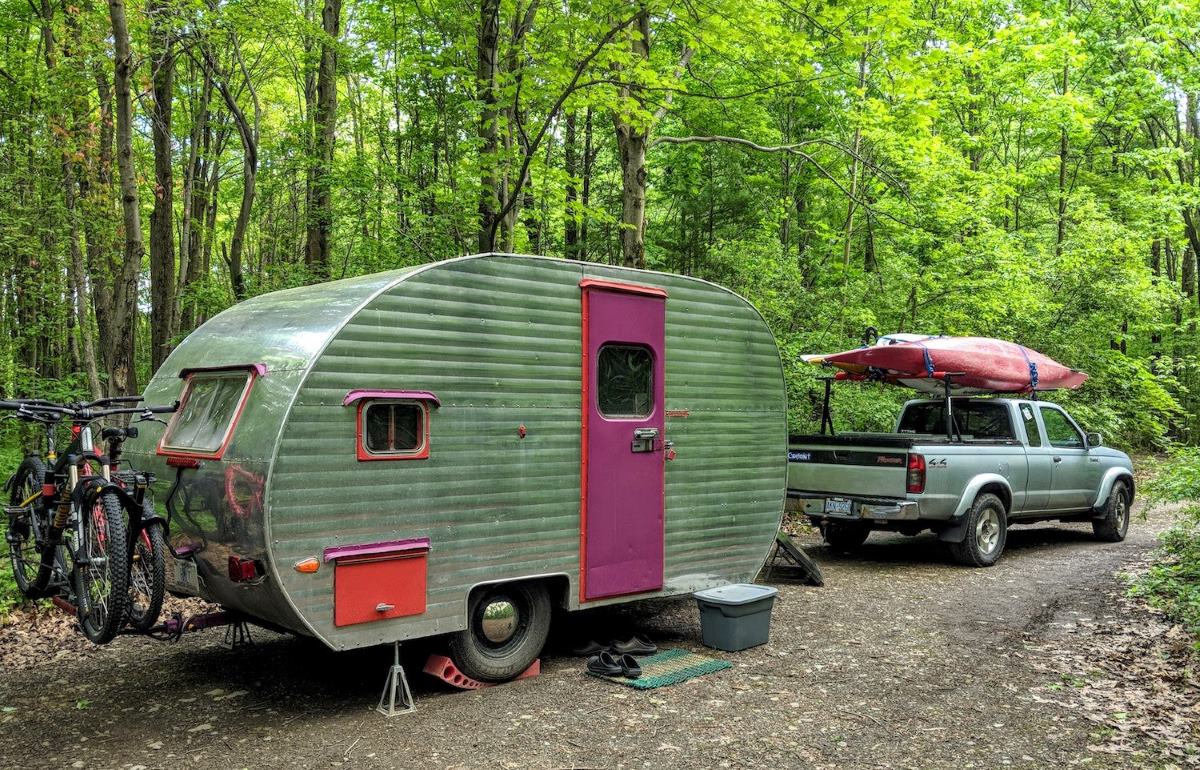

Articles
How To Store A Camper Trailer
Modified: August 30, 2024
Looking for tips on storing your camper trailer? Check out our articles for expert advice and helpful guidelines on how to store a camper trailer safely and efficiently.
(Many of the links in this article redirect to a specific reviewed product. Your purchase of these products through affiliate links helps to generate commission for Storables.com, at no extra cost. Learn more)
Introduction
Storing a camper trailer properly is crucial to maintaining its condition and ensuring it’s ready for your next adventure. Whether you’re taking a break during the off-season or simply need a safe place to keep your camper, following the right storage practices is essential.
In this article, we will guide you through the process of storing your camper trailer effectively. From finding the right storage location to properly winterizing your trailer, we have you covered. Let’s dive in and explore the steps you need to take to keep your camper trailer in top shape.
Key Takeaways:
- Properly preparing and storing your camper trailer is crucial for maintaining its condition and ensuring it’s ready for your next adventure. From finding the right storage location to winterizing the trailer, each step plays a vital role in protecting your investment.
- Regular monitoring, maintenance, and following manufacturer guidelines are essential for keeping your camper trailer in optimal condition during storage. By taking the time to store it correctly, you can enjoy peace of mind knowing that it’s well-protected and ready for your next outdoor adventure.
Read more: How To Store A Trailer Outside
Finding the Right Storage Location
The first step in storing your camper trailer is finding a suitable storage location. Here are some factors to consider:
- Security: Look for a storage facility that offers top-notch security measures such as surveillance cameras, access control, and on-site staff. This will give you peace of mind knowing that your trailer is safe and secure.
- Accessibility: Choose a storage location that is convenient for you to access whenever you need to. Consider proximity to your home or the areas where you frequently camp. Easy access will save you time and effort when you’re ready to hit the road again.
- Space: Ensure that the storage facility has enough space to accommodate your camper trailer. Measure the dimensions of your trailer and compare them with the available spaces at the facility. You want to have enough room to maneuver your camper and perform maintenance tasks if necessary.
- Climate Control Options: Depending on the climate in your area, you may want to consider climate-controlled storage. Extreme temperatures and humidity can cause damage to your camper trailer over time. Climate-controlled storage will help protect it from these potential issues.
- Reputation: Research the reputation of the storage facility before making a commitment. Read reviews and ask for recommendations from fellow campers to ensure you choose a reliable and trusted storage provider.
Take your time to evaluate and visit different storage locations to find the one that meets your specific needs. Once you’ve found the right place, you can proceed with the next steps to properly prepare your camper trailer for storage.
Preparing the Camper Trailer for Storage
Before storing your camper trailer, it’s essential to properly prepare it to ensure its longevity and prevent any issues from arising while in storage. Here are some important steps to follow:
- Remove Perishable Items: Start by removing all perishable items from the trailer. Check the refrigerator, cabinets, and any other storage compartments to ensure no food, beverages, or other perishable items are left behind.
- Empty Water Systems: Drain all the water from your camper’s plumbing system, including the fresh water tank, hot water tank, and all lines. This will prevent any water from freezing and causing damage during colder months.
- Disconnect Batteries: If your camper has a battery, disconnect it to prevent drainage while in storage. You can remove the battery and store it in a cool, dry place or use a battery maintainer to keep it charged.
- Turn Off Appliances: Double-check that all appliances, including the stove, oven, and air conditioner, are turned off. This will save energy and prevent any potential hazards.
- Lock All Doors and Windows: Ensure that all doors and windows are securely closed and locked to keep your camper trailer safe from intruders and to prevent any weather damage.
- Inspect for Damage: Take the time to thoroughly inspect the interior and exterior of your camper trailer for any signs of damage or wear. Note any issues and consider addressing them before storing the trailer to prevent further deterioration.
By following these preparation steps, you’ll make sure that your camper trailer is ready for storage and that you can confidently store it without any concerns of damage or unexpected issues. Now that your camper trailer is prepared, let’s move on to the next step of cleaning.
Cleaning the Interior and Exterior
Keeping your camper trailer clean is not only important for aesthetics but also for maintaining its condition during storage. Here are the key cleaning steps for both the interior and exterior:
- Interior Cleaning: Start by removing all personal belongings, bedding, and curtains from the camper. Vacuum the floors and upholstery to remove any dirt or debris. Use a mild cleaning solution to wipe down all surfaces, including countertops, cabinets, and furniture. Don’t forget to clean the bathroom, ensuring that all tanks and pipes are empty and flushed properly.
- Exterior Cleaning: Begin by rinsing the exterior of the camper with a hose to remove any loose dirt or debris. Use a soft bristle brush or sponge with a mild detergent to scrub the exterior surfaces, including the roof, sides, and undercarriage. Pay extra attention to areas prone to dirt buildup, such as wheel wells and awnings. Rinse thoroughly and allow the camper to dry completely before moving on to the next steps.
- Windows and Seals: Clean the windows, both inside and outside, using a glass cleaner and a lint-free cloth. Inspect the window seals for any signs of wear or damage and address any issues to prevent water leakage during storage.
- Awning Care: If your camper has an awning, make sure to thoroughly clean and dry it before storing. Follow the manufacturer’s instructions for cleaning, and ensure it’s rolled up properly to prevent damage.
- Tanks and Propane: Empty and clean the black and gray water tanks, as well as the propane tanks, following proper disposal and safety procedures. This will prevent any odors or leaks during storage.
By taking the time to clean both the interior and exterior of your camper trailer, you not only maintain its appearance but also prevent dirt, grime, and pests from causing damage while in storage. Once the cleaning process is complete, you can proceed to the next step of protecting the tires and wheels.
Protecting the Tires and Wheels
Properly protecting the tires and wheels of your camper trailer is essential for maintaining their condition and preventing any potential damage during storage. Here are some important steps to follow:
- Inflate Tires: Before storing, make sure to inflate your camper trailer tires to the recommended pressure level. This helps distribute the weight evenly and prevents flat spots from forming over time.
- Tire Covers: Invest in good-quality tire covers to protect the tires from harmful UV rays and other external elements. The covers will help prevent cracking and premature aging of the tires. Make sure to choose the right size for a snug fit.
- Wheel Chocks: Place wheel chocks on both sides of the tires to prevent any movement or rolling while the camper trailer is in storage. This adds an extra layer of stability and security.
- Rotate Tires: If your camper trailer is in storage for an extended period, consider rotating the tires periodically. This helps distribute the weight and prevents one area of the tire from bearing excessive load for too long.
- Stabilize Suspension: Consider using stabilizers or wheel locks to help stabilize the suspension of the camper trailer. This reduces stress on the tires and improves overall stability during storage.
- Inspect Tires: Before storing, thoroughly inspect the tires for any signs of damage or wear. Replace any worn-out or damaged tires to avoid potential issues while on the road in the future.
By following these steps to protect your camper trailer’s tires and wheels, you ensure their longevity and minimize the risk of damage while in storage. Properly maintained tires will be ready for your next adventure when you retrieve your camper from storage.
Read more: How To Store A Pop Up Camper
Securing the Trailer Hitch
Securing the trailer hitch is a crucial step in storing your camper trailer safely. Here are some important measures to take:
- Clean and Lubricate: Begin by cleaning the trailer hitch and removing any dirt, debris, or rust. Apply lubricant to ensure smooth movement and prevent corrosion.
- Coupler Lock: Invest in a coupler lock to secure the hitch and prevent anyone from hitching your camper trailer without your knowledge or permission. This adds an extra layer of security while in storage.
- Remove Hitch Ball: If possible, remove the hitch ball from the hitch to further deter unauthorized use and prevent any potential damage to the hitch or trailer during storage.
- Use Wheel Locks and Chocks: In addition to securing the hitch, make sure to utilize wheel locks and chocks to prevent any movement or rolling of the trailer during storage. This adds extra stability and security.
- Lock Safety Chains: Lock the safety chains to the frame of the camper trailer to prevent theft and ensure that they are not dragging on the ground while in storage.
- Store Hitch Accessories: If you have any hitch accessories, such as weight distribution bars or sway control devices, make sure to store them properly in a secure location within your storage area.
By taking these steps to secure the trailer hitch, you can have peace of mind knowing that your camper trailer is protected from unauthorized use and that it will be in proper condition when you’re ready to hitch it up for your next adventure.
When storing a camper trailer, be sure to clean and dry it thoroughly to prevent mold and mildew. Also, consider using a breathable cover to protect it from the elements.
Covering the Camper Trailer
Covering your camper trailer is an effective way to protect it from the elements and keep it in good condition while in storage. Here are some tips for properly covering your camper trailer:
- Choose a Quality Cover: Invest in a high-quality, breathable cover specifically designed for camper trailers. The cover should be waterproof and UV-resistant to provide maximum protection.
- Clean and Dry: Before covering your camper trailer, make sure it is thoroughly cleaned and dried. This will prevent any moisture or dirt from getting trapped under the cover, which can cause damage over time.
- Secure the Cover: Use straps or bungee cords to secure the cover tightly to ensure it doesn’t get blown off by wind or other external factors. This will help maintain the integrity of the cover and further protect your trailer.
- Ensure Ventilation: Ensure that the cover allows for proper ventilation to prevent moisture buildup and mold growth. Look for covers that have built-in vents or consider using moisture-absorbing products inside the trailer.
- Regularly Inspect: Periodically check the cover for any signs of wear or damage. Repair or replace the cover as needed to maintain its effectiveness in protecting your camper trailer.
- Remove Cover Carefully: When you’re ready to use your camper trailer again, carefully remove the cover to avoid any damage to the trailer or cover itself. Fold it neatly and store it in a clean, dry place for future use.
By following these steps and using a proper cover, you can ensure that your camper trailer remains protected from the elements, dust, and debris, keeping it in optimal condition throughout its storage period.
Monitoring and Maintaining the Stored Trailer
While your camper trailer is in storage, it’s important to monitor and maintain it to ensure its condition and prevent any issues that may arise. Here are some key steps to consider:
- Regular Check-ups: Visit your stored camper trailer periodically to inspect its condition. Look for any signs of damage, leaks, or pest infestation. Address any issues promptly to prevent further damage.
- Maintain Battery: If your camper trailer has a battery, check its charge level periodically and recharge when necessary. This will help ensure that the battery remains in good condition and ready for use when you retrieve your trailer from storage.
- Monitor Moisture Levels: Check for any signs of moisture buildup inside the camper trailer. Excessive moisture can lead to mold and mildew growth, which can cause damage. Use moisture-absorbing products if needed.
- Pest Prevention: Take measures to prevent pests from infiltrating your camper trailer. Seal any openings or cracks where pests can enter and use appropriate pest control methods to deter them.
- Inspect Seals and Weatherstripping: Regularly inspect the seals and weatherstripping on your camper trailer to ensure they are in good condition. Replace any damaged or worn-out seals to prevent water leakage and drafts.
- Perform Maintenance Tasks: While in storage, take the time to perform basic maintenance tasks such as lubricating hinges, checking and tightening screws, and inspecting the roof and seams for any signs of damage.
- Keep Records: Maintain a record of any maintenance performed and any issues encountered during storage. This will help you stay organized and ensure that your camper trailer remains well-maintained.
By actively monitoring and maintaining your stored trailer, you can catch any potential issues early and address them before they become major problems. This will help preserve the condition of your camper trailer and ensure it’s ready for your next adventure when you’re ready to hit the road again.
Properly Winterizing the Trailer
If you live in an area with harsh winter weather, properly winterizing your camper trailer is essential to protect it from freezing temperatures and prevent damage. Here’s how to winterize your trailer:
- Drain Water Systems: Start by completely draining the fresh water tank, hot water tank, and all plumbing lines. Use the appropriate valves to empty the water and flush the system to remove any remaining water.
- Blow Out Plumbing Lines: Use an air compressor and a blow-out plug to forcefully blow air through the plumbing lines. This will remove any remaining water and prevent it from freezing and causing damage during winter.
- Add Antifreeze: Pour RV antifreeze into all drains, toilets, and traps to protect the plumbing system from freezing. Follow the manufacturer’s instructions for the appropriate amount to use.
- Seal Openings: Close and seal all exterior openings, including vents, windows, and access panels. This prevents cold air from entering and helps maintain a more stable interior temperature.
- Disconnect and Store Batteries: Disconnect the batteries and store them in a cool, dry location. Cold temperatures can drain the batteries, so removing them and keeping them charged will help prolong their lifespan.
- Cover and Protect Exterior: Use a high-quality, weather-resistant cover to protect the exterior of your camper trailer from snow, ice, and other harsh elements. Ensure that the cover is secure and properly fitted.
- Regular Check-ups: Periodically visit your stored camper trailer to check for any signs of damage, leaks, or pest activity. Address any issues promptly to prevent further damage during the winter months.
- Proper Ventilation: Despite winterizing, it’s crucial to provide proper ventilation inside the trailer. Crack open a window slightly or use vent covers to allow for airflow, which helps prevent stale air and moisture buildup.
- Consider Climate-Controlled Storage: If extreme winter conditions are a concern, you may want to consider storing your camper trailer in a climate-controlled storage facility. This will provide optimal temperature and humidity control.
By properly winterizing your trailer, you ensure that it will be protected from freezing temperatures and potential damage during the winter months. When spring arrives, remove the winterization measures and perform any necessary maintenance to get your trailer ready for your next camping season.
Tips for Long-Term Storage
Long-term storage of your camper trailer requires some extra care and attention. Here are some tips to ensure the best possible condition for your trailer during extended periods of storage:
- Choose the Right Storage Facility: Opt for a storage facility that specializes in long-term storage and has proper security measures in place. Look for features like climate control, 24/7 surveillance, and on-site staff.
- Prepare the Exterior: Before storing, thoroughly wash and wax the exterior of your camper trailer. This adds an extra layer of protection against dust, dirt, and UV rays during long periods of storage.
- Consider Jack Stands: If you plan on keeping your trailer in storage for an extended period without moving it, use jack stands to take the weight off the tires. This helps prevent flat spots from forming and extends the life of the tires.
- Use Moisture Absorbers: Place moisture absorbers or desiccant packs throughout the interior of the trailer to control humidity levels and prevent mold and mildew growth.
- Perform Regular Inspections: Visit the storage facility periodically to inspect your trailer for any signs of damage or issues. Look for leaks, pests, or any other concerns that may have arisen during storage.
- Keep it Ventilated: Proper ventilation is crucial for long-term storage. Crack open windows or use vent covers to allow for airflow and prevent stagnant air inside the trailer.
- Maintain Insurance Coverage: Check with your insurance provider to ensure that your camper trailer is adequately covered during the storage period. This protects you from any unforeseen events or damage that may occur.
- Follow Manufacturer Guidelines: Refer to the owner’s manual or contact the manufacturer for specific recommendations on long-term storage. They may provide additional tips and guidance tailored to your camper trailer model.
- Keep Records: Maintain a record of any maintenance, inspections, and repairs performed during the storage period. This helps you stay organized and ensures that your trailer remains in good condition.
By following these tips for long-term storage, you can preserve the condition of your camper trailer and ensure that it’s ready to hit the road again when you’re ready for your next adventure.
Conclusion
Storing your camper trailer properly is essential for maintaining its condition and ensuring that it’s ready for your next camping trip. By following the steps outlined in this article, you can protect your trailer from damage, extend its lifespan, and ensure a seamless transition when it’s time to hit the road again.
From finding the right storage location to preparing the trailer, cleaning the interior and exterior, and taking necessary precautions for long-term storage, each step plays a vital role in maintaining your camper trailer’s integrity and functionality.
Remember to properly secure the trailer hitch, protect the tires and wheels, and cover the trailer with a high-quality cover to shield it from the elements. Additionally, make sure to monitor and maintain the stored trailer, winterize it if needed, and follow proper storage guidelines for the best results.
By taking the time to store your camper trailer correctly, you can enjoy peace of mind knowing that it’s well-protected and ready for your next outdoor adventure. Regular maintenance, inspections, and following the manufacturer’s guidelines will further ensure that your trailer remains in optimal condition throughout its storage period.
So, whether you’re storing your camper trailer for the off-season or for an extended period, following these storage tips will keep your trailer safe, well-maintained, and ready to provide you with many more memorable camping experiences in the future.
Frequently Asked Questions about How To Store A Camper Trailer
Was this page helpful?
At Storables.com, we guarantee accurate and reliable information. Our content, validated by Expert Board Contributors, is crafted following stringent Editorial Policies. We're committed to providing you with well-researched, expert-backed insights for all your informational needs.

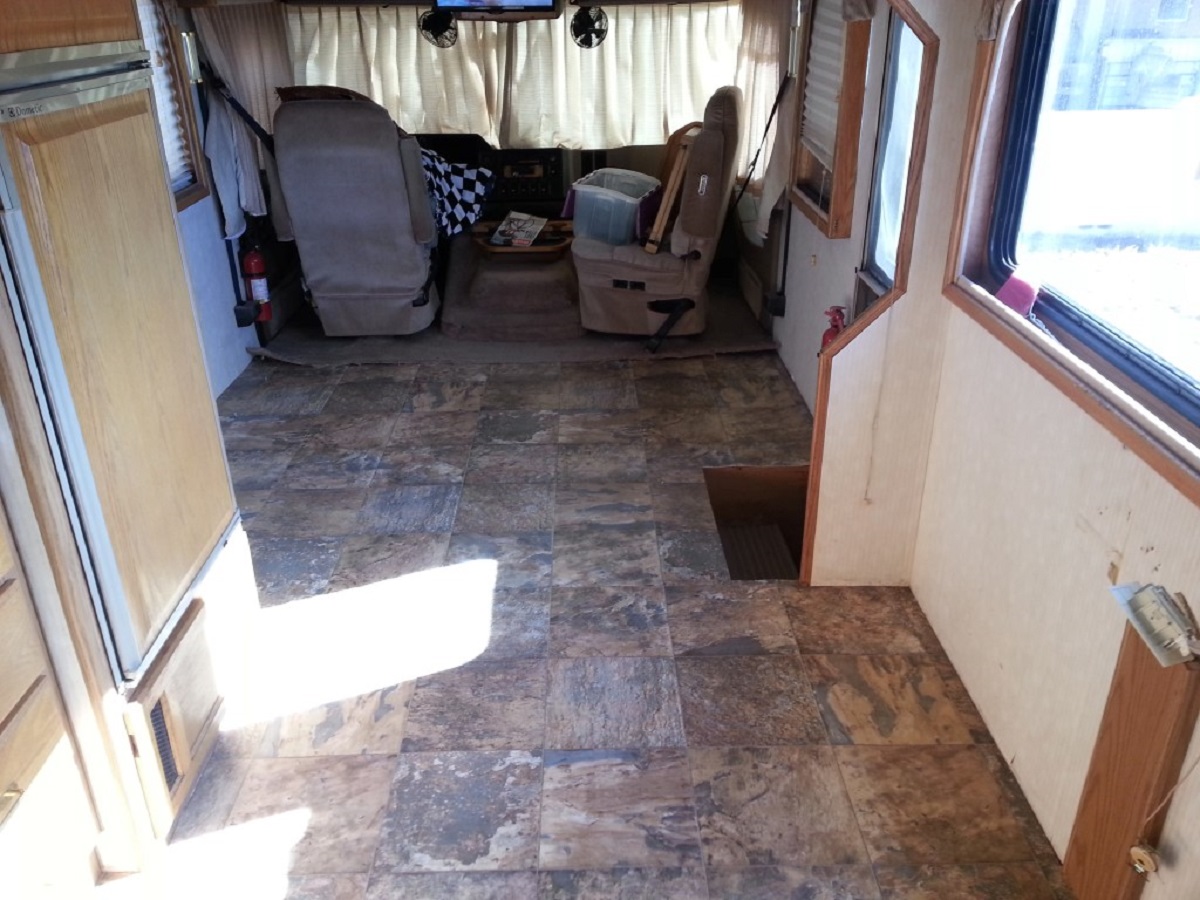
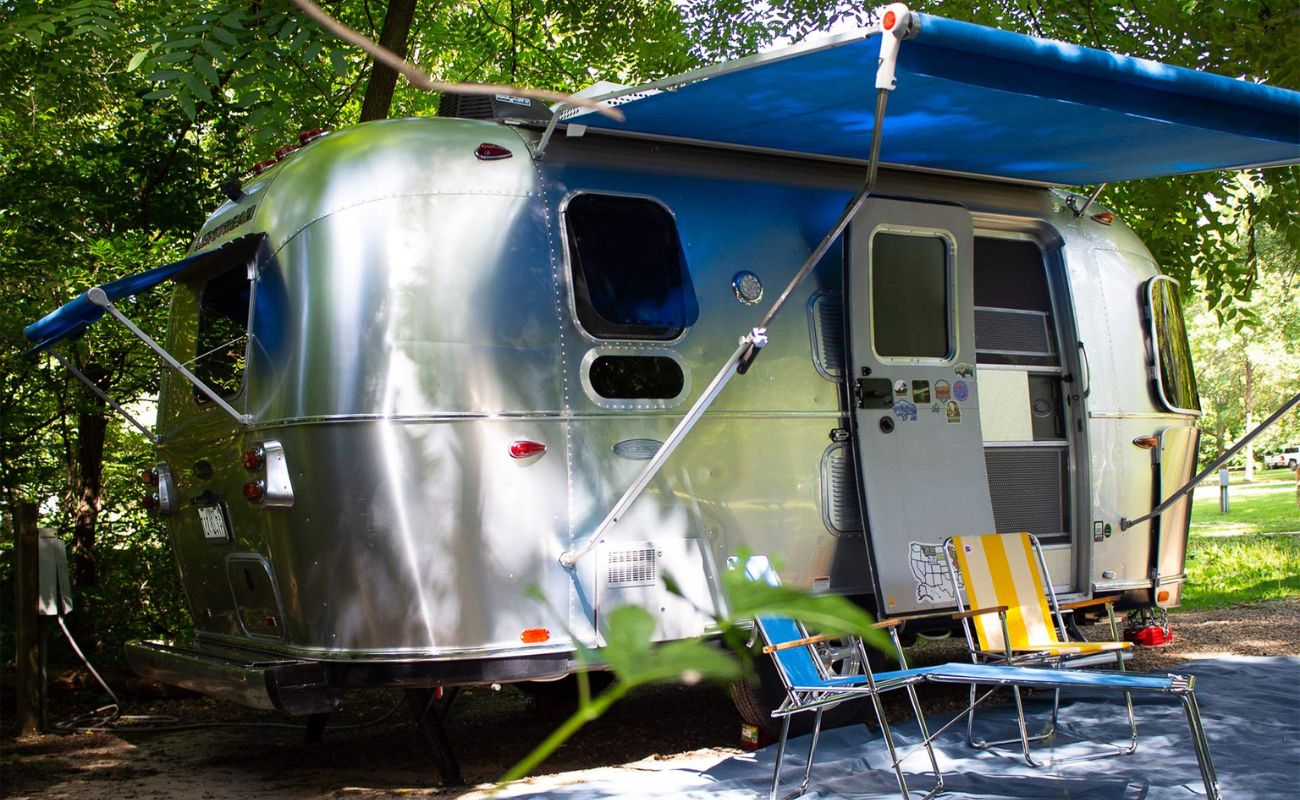
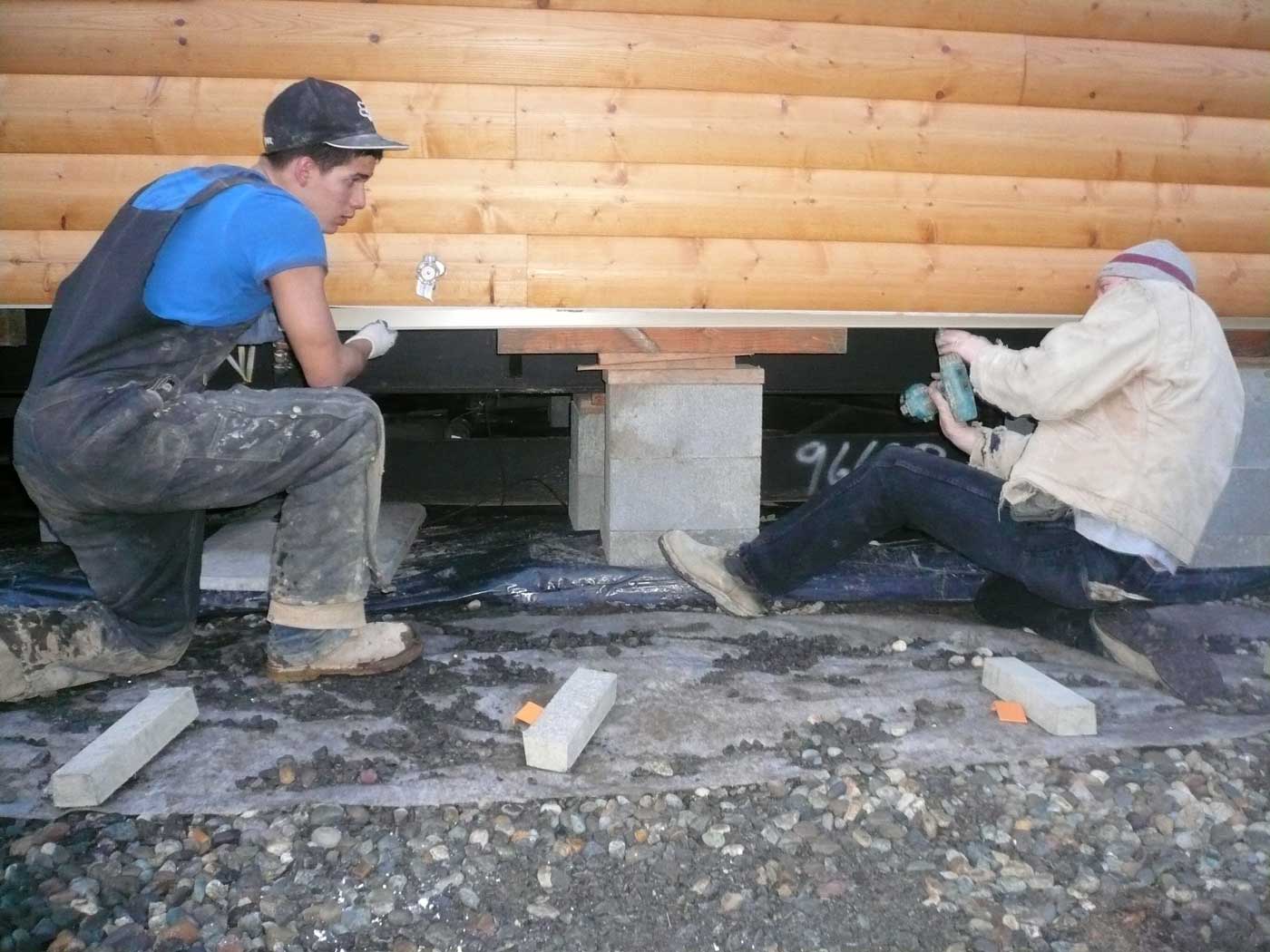
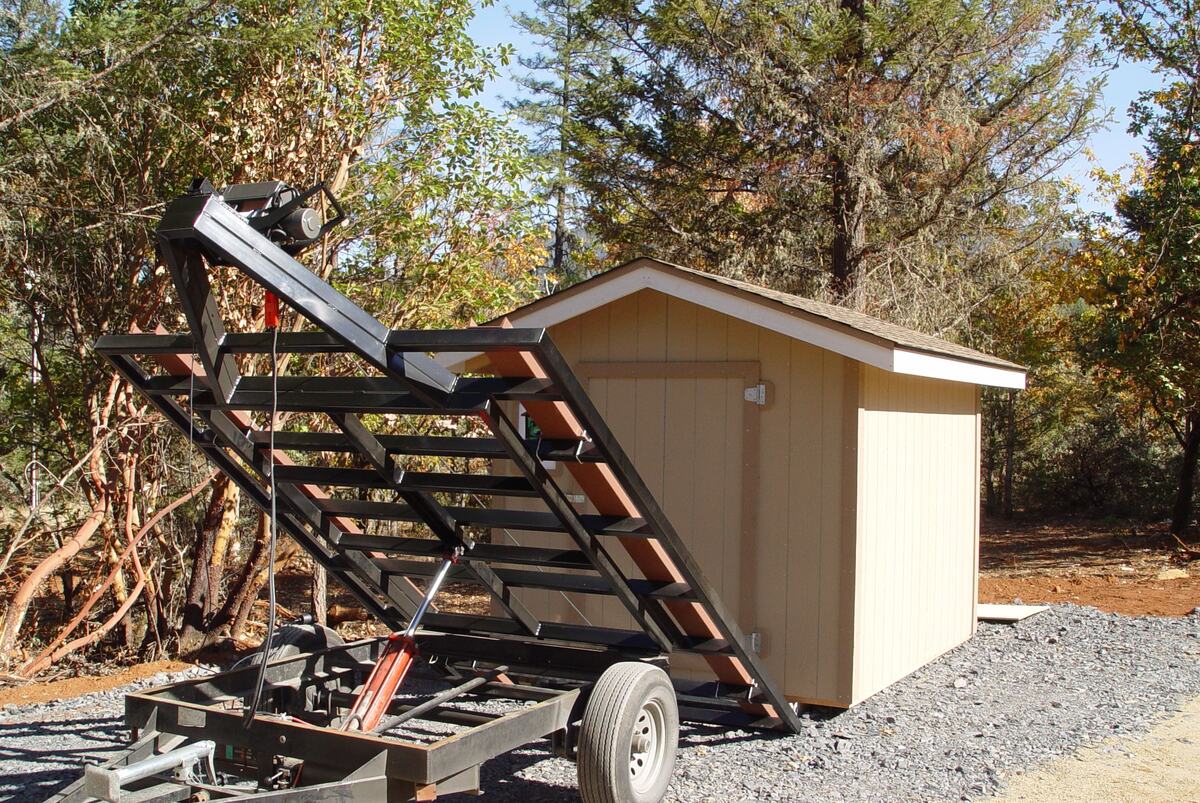
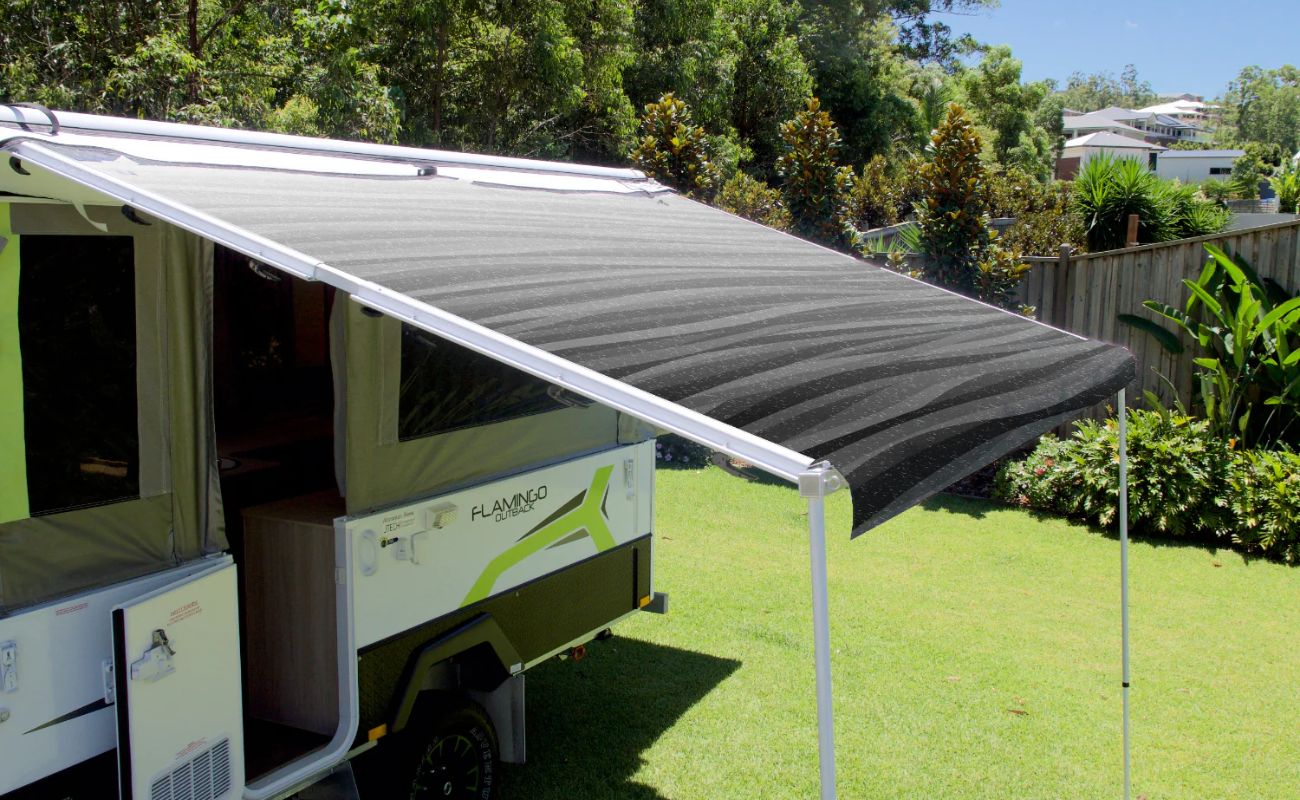
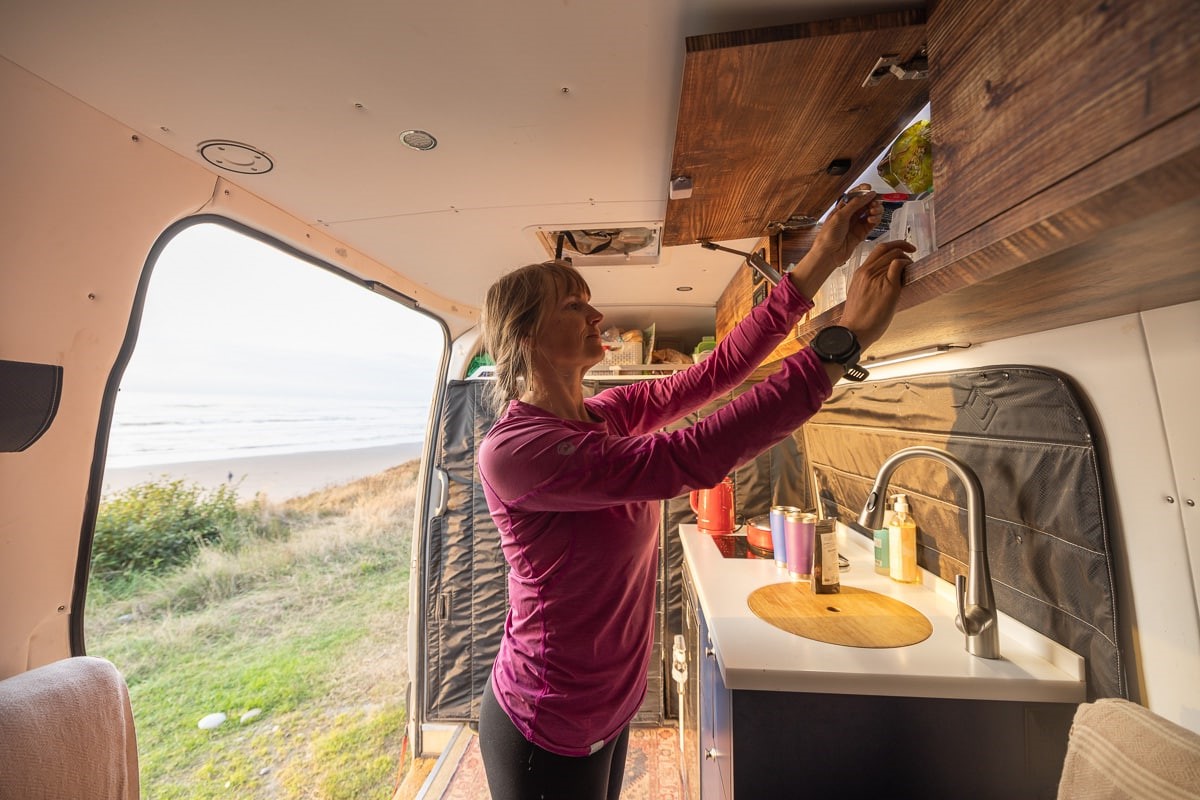
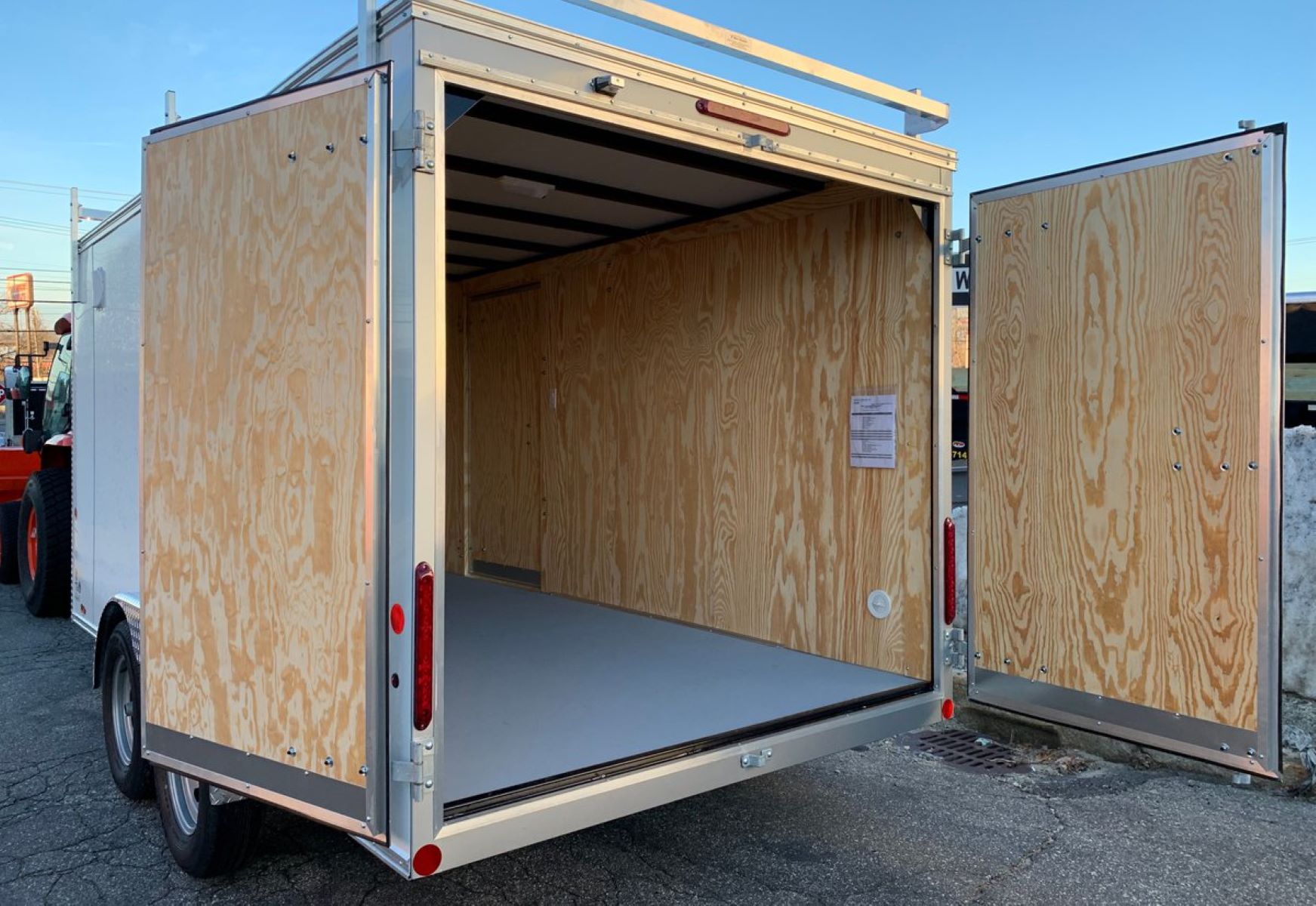
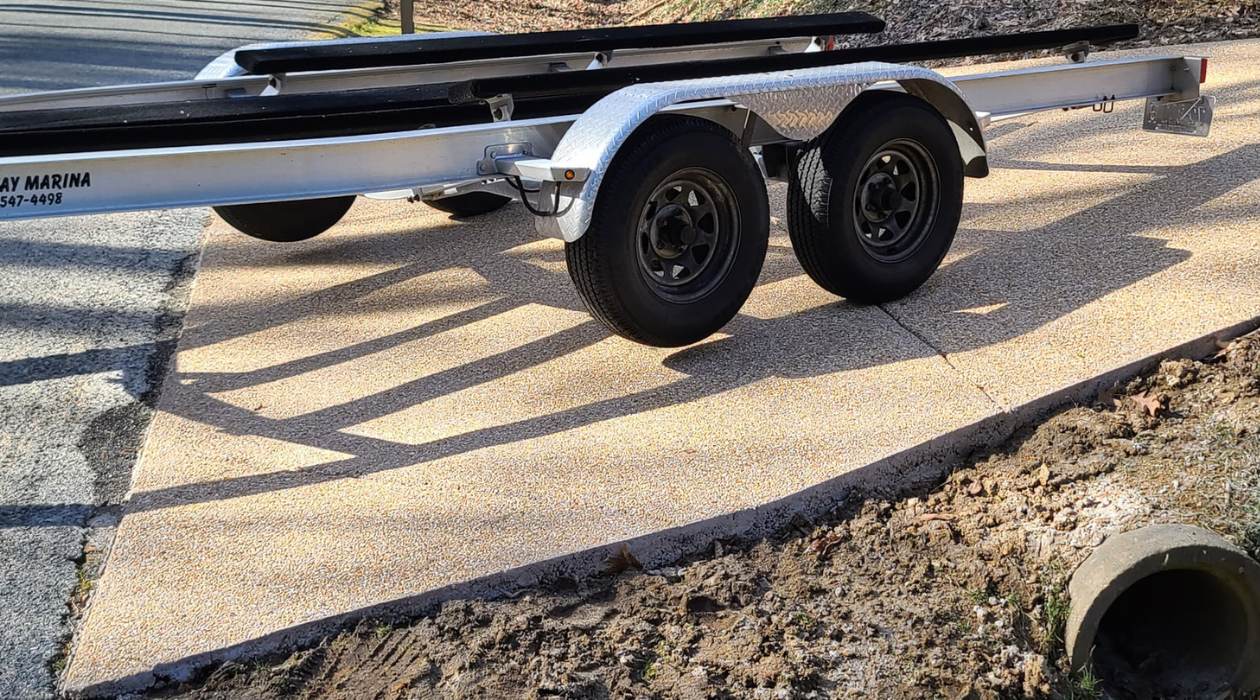
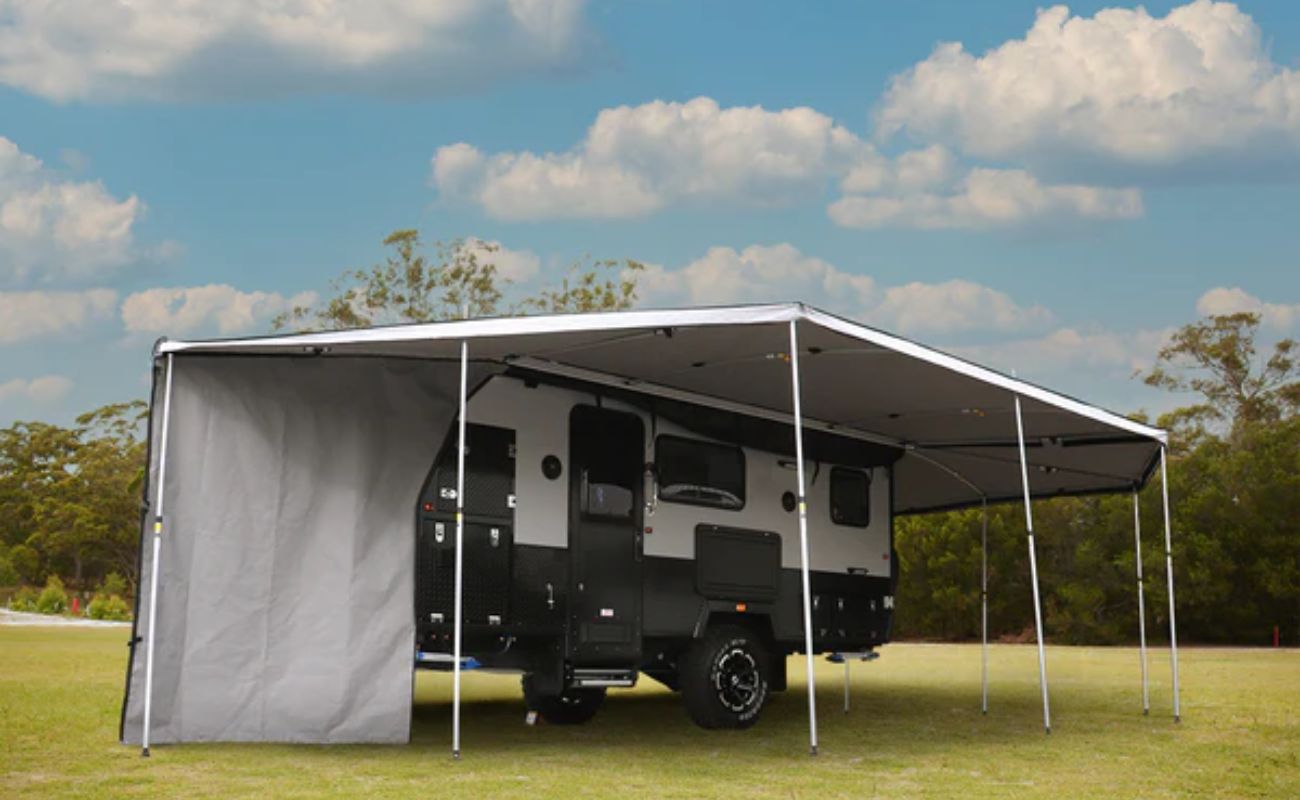
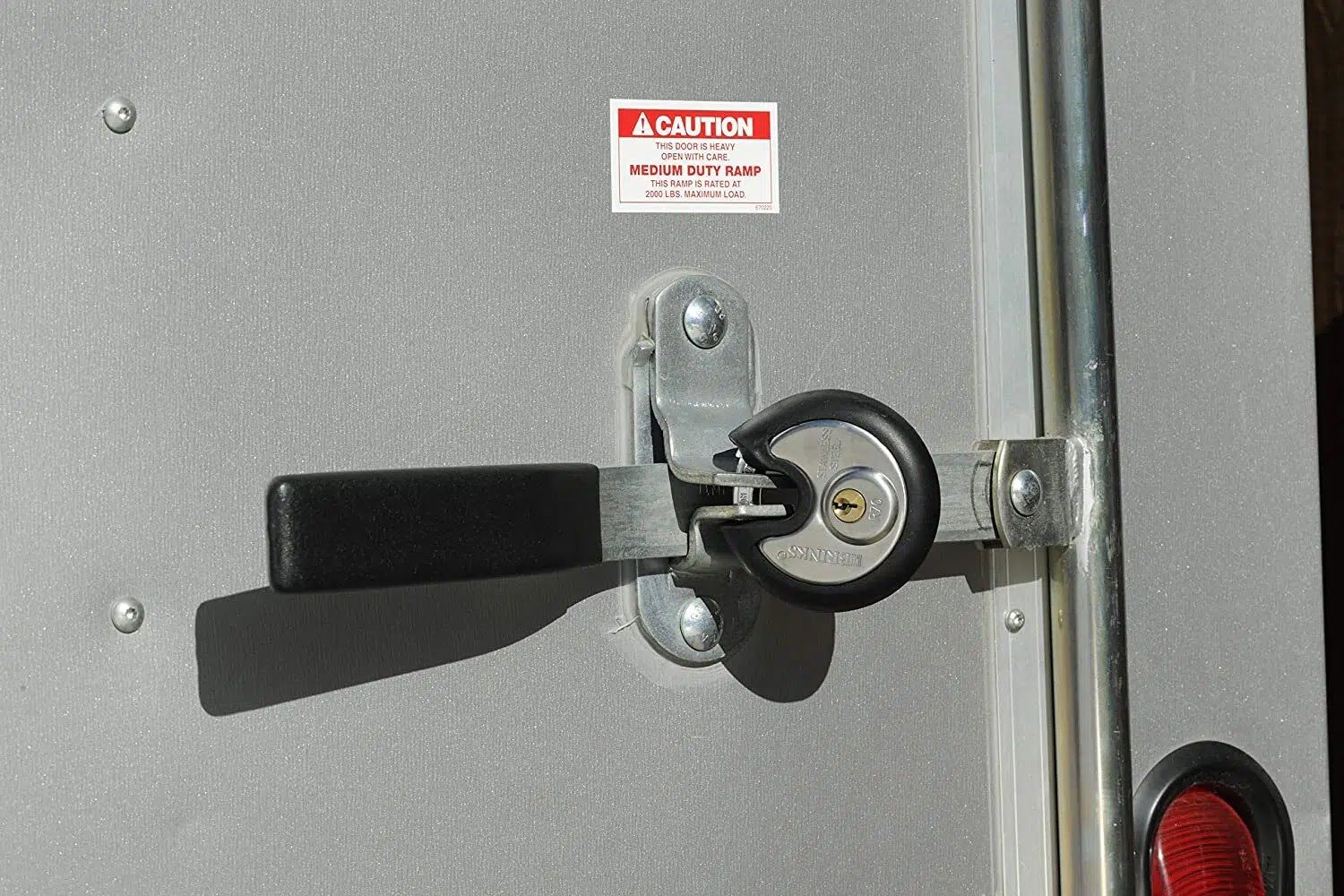
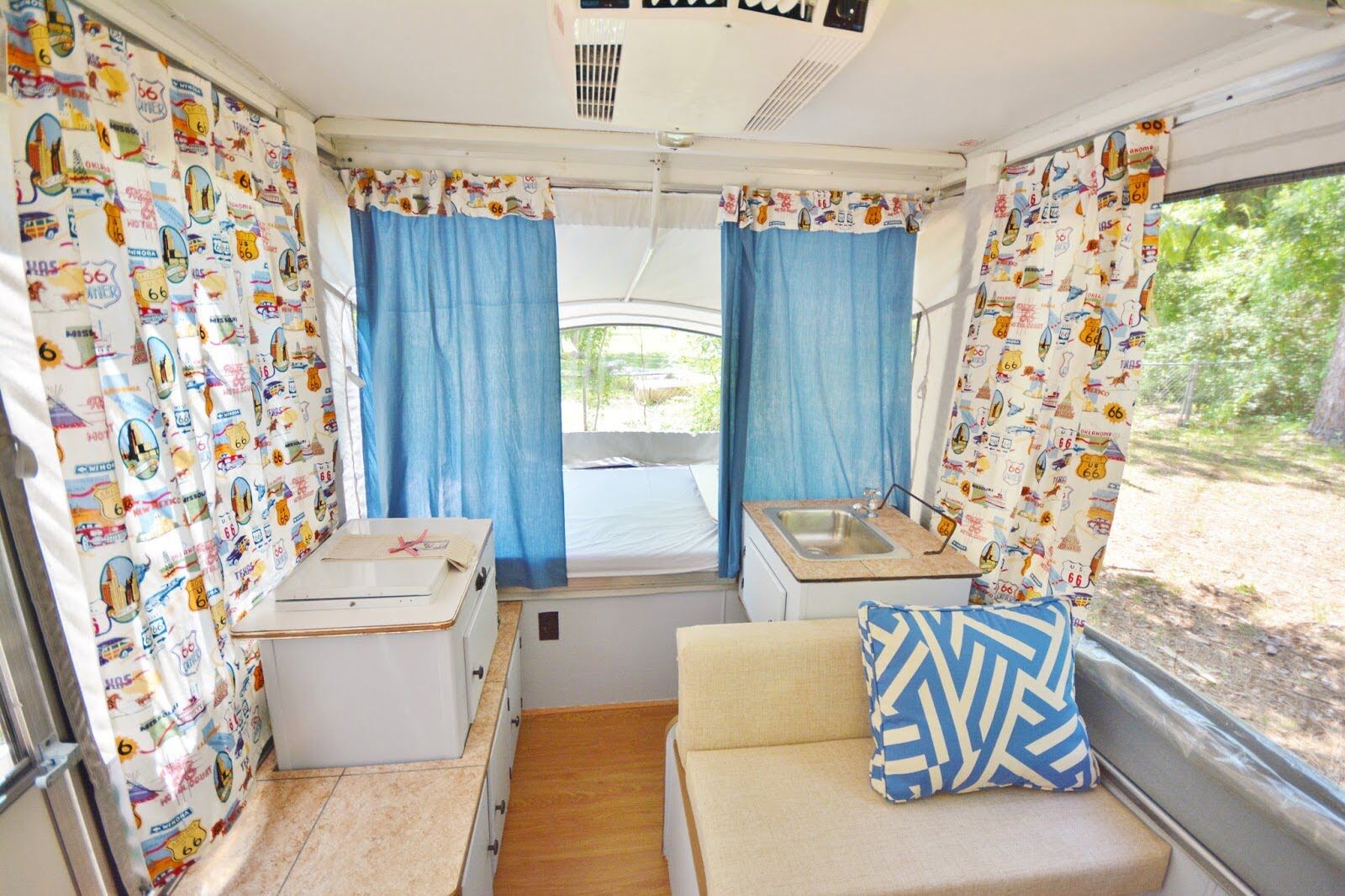


0 thoughts on “How To Store A Camper Trailer”